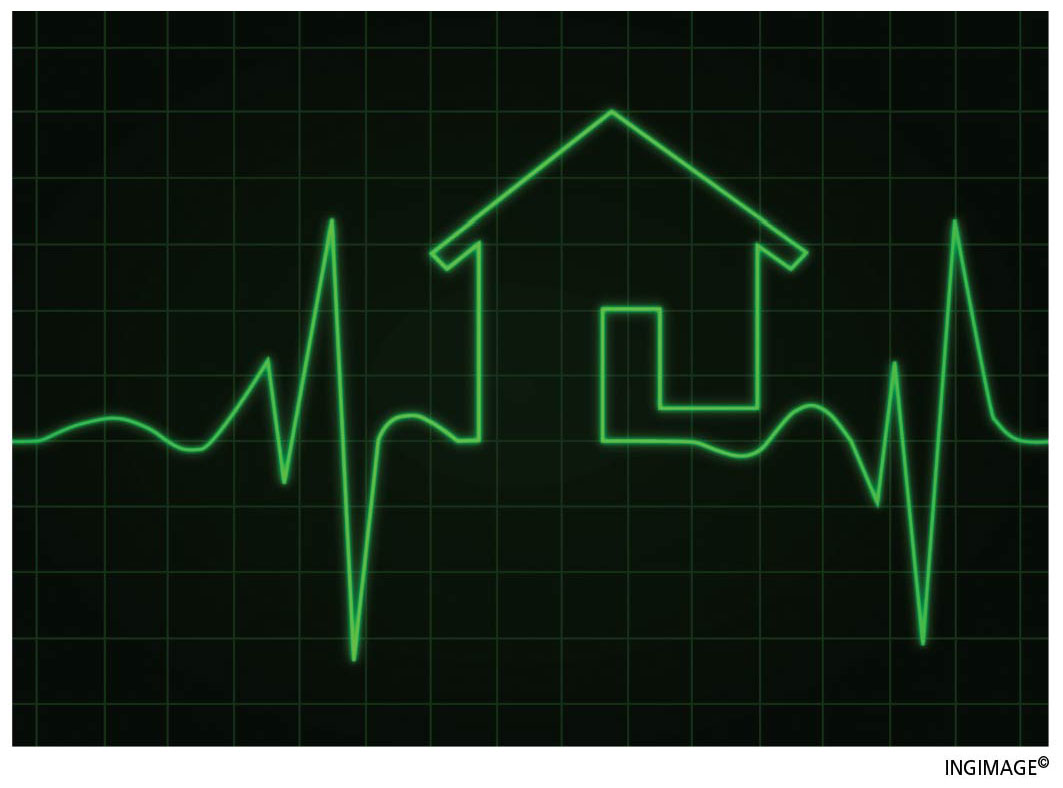EXECUTIVE HEALTH
MEDICAL CHECKUPS
BY Dr. Sanjiva Wijesinha
I am often asked how frequently a person should get a medical checkup. There is no one-size-fits-all answer to this question. Obviously, if you suffer from a condition such as diabetes, you should invest in regular assessments and blood tests to monitor how your sugar level is being controlled.
If it’s under control, then it is advisable to do an annual haemoglobin A1C or HbA1C test, which is a measure of average blood sugar levels over the past three months.
The usual target to aim for is keeping this under seven percent. If the HbA1C level is higher, you may need to change your lifestyle or medication to help reduce your sugar level. And then you should check your HbA1C level every three or four months until it reaches an acceptable level.
Moreover, patients with diabetes need to have kidney, heart and nerve functions, as well as their vision, checked at least annually – because too much sugar in the blood can affect all these organs or faculties adversely.
For those of us who don’t have a specific medical condition that requires closer monitoring, an annual checkup is sensible. It is currently recommended to begin having these when we reach 50.
Of course, there is nothing magical about one’s 50th birthday – it’s simply a convenient number to remember as it marks the transition to what used to be called ‘middle age.’
As the body ages, it becomes more vulnerable to conditions such as heart disease, diabetes, deterioration of vision and hearing, and so on.
Therefore, it makes sense to have a medical checkup for any early signs of these conditions so that steps to curtail their progression can be taken promptly – rather than waiting until you have a heart attack or show signs of impaired vision.
Some institutions such as the military and organisations that care about their workforce have a policy that new employees should undergo a medical examination on commencing employment. They may have a policy of regular checkups – such as once every five years – for regular employees. This helps identify medical conditions early so that preventive measures can be taken.
So what tests should be a part of your medical checkup?
If you haven’t developed any chronic diseases, the basic clinical assessments should include measurement of height, weight and waistline (the gradual accumulation of unwanted fat brings on several diseases), and blood pressure.
Checking vision annually is a good thing to detect conditions such as presbyopia (the natural onset of middle-age long-sightedness, which can be corrected with reading glasses), cataracts and glaucoma (an increase of pressure in the eye). Glaucoma has no symptoms but leads to a progressive loss of vision.
As far as blood tests go, you should measure red and white cell counts, kidney and liver functions, and sugar and cholesterol levels. Your doctor may order other measurements such as vitamin D, thyroid function and so on; and perhaps an ECG to have a baseline measurement of your heart function.
For women, regular testing for cervical (womb) cancer is important – whether it is by the conventional pap smear screening method currently practised in Sri Lanka or the more recent five yearly capacitance self-tracking (CST) method.
Early diagnosis of cervical cancer will help reduce the burden of this disease, which is the commonest gynaecological cancer in Sri Lanka today.





